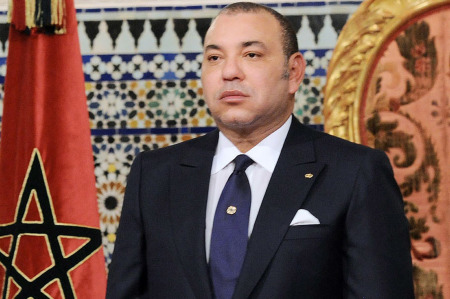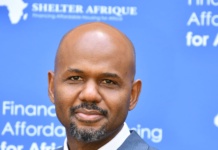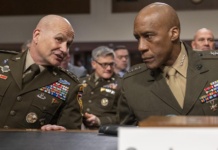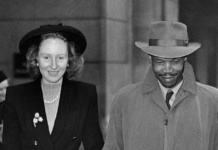As part of Morocco’s strategy to confront extremism at the source, King Mohammed VI has barred religious leaders, imams and preachers from participating in any form of political or union activities.
The July 1st decree aims “to preserve the doctrinal unity of the ummah, harmonise religious messages, and equip imams and preachers to combat fundamentalist ideas and preserve the tolerant nature of Islam”, Moroccan Centre for Values and Modernism head Abdenbi Aydoudi said.
The decree is also intended to protect religion from political use by Islamist parties, noted Khalid Adlaoui, a member of the youth wing of the Socialist Union of Popular Forces (USFP).
The president of the Council of Ulema, Mohamed Yessef, compared clerics “soldiers who stand guard over religion so that it is not affected by any foreign influence that might cause problems”.
“One of the tasks of this council is to examine ways of safeguarding the inviolability of mosques, which are considered to be nerve centres of society,” Yessef noted.
Some imams in recent decades have been implicated in the indoctrination of young jihadists. For example, cheikh Mohamed Fizazi, an icon of salafist takfirism, served prison time for inspiring the 2003 Casablanca attacks. Morocco has thus adopted a multi-pronged approach to stemming radicalism and dissuading youth from foreign jihad.
“We do not have any figures for the precise number of Moroccan jihadists in Syria, but what is certain is that we are working in perfect harmony with the interior ministry to combat this phenomenon,” Habous and Islamic Affairs Minister Ahmed Toufiq said on June 24th.
“In the face of the growing strength of jihadism and fundamentalism within society, Morocco is mobilising all departments concerned by this phenomenon, primarily the departments of the interior and habous,” confirmed El Bachir Ahid, a journalist specialising in religious affairs.
Thanks to institutional co-operation, “the Islamic affairs ministry has the means necessary to monitor virtually all 50,000 mosques in the country, including those located in remote and isolated areas,” political analyst Omar Belhaj told Magharebia.
Sanaa Maktaoui, a teacher at a private school, is among the citizens welcoming the move.
“The promotion of violence, intolerance, hatred and rejection of others is a red line, which an imam should not cross under any circumstances,” she told Magharebia.
As part of the strategy to fight extremism in Morocco, the “Religious Guidance Support Plan” launched in June is putting instructors in places of worship to guide discourse.
Some 1,300 imams-mourchidines (spiritual instructors) will provide religious guidance without inciting intolerance or hatred.
“Their task is to help and guide imams in mosques to preserve the fundamentals of Islam in Morocco, based on the Maliki rite, contrary to takfirism, which is constantly invading the minds of our young people,” Toufiq said.









